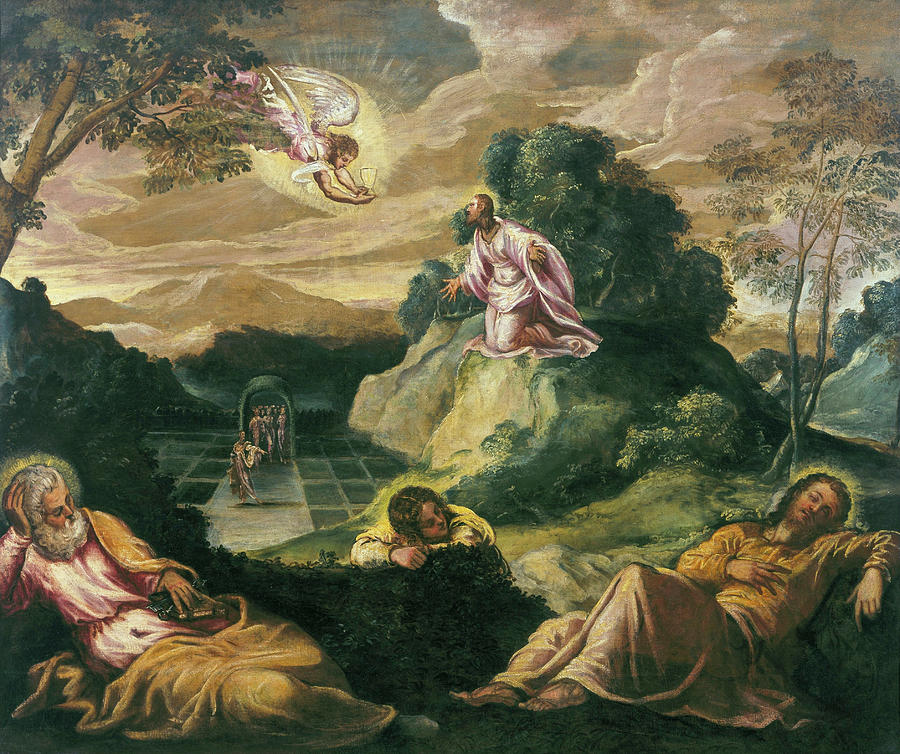Who are we as Christians?
When we refer to ourselves as Christians, we mean that we are believers in Jesus Christ. Does that mean we’re better than everyone else? No. The Bible tells us that we were weak, but Christ died for the ungodly (Rom. 5:6). We were sinners when Christ died for us (Rom. 5:8). We were God’s enemies when He reconciled us through the death of His Son (Rom. 5:10). Let’s look at what each of these statements mean. First, we were weak. We could not save ourselves. Second, we were ungodly. This is a tough word in Greek. It referred to those who dishonored a god, in our case, we dishonored the one true God. We did this by refusing to acknowledge God or to do anything God asked of us. In the New Testament, it refers to those who replace God with other gods or even with themselves. Third, we were sinners. Sin is an action that refuses to recognize that God has or can place any restrictions or requirements on us. Sin can be expressed as telling God, “You’re not the boss of me!” So, sinners are rebels against God. Finally, “we were enemies” describes us as hostile toward God. All this means that Christ did not die for us because we were worthy or He saw something redeemable in us. He died for us as helpless, God-rejecting, hostile rebels. Yeah, we weren’t better than anyone else, and this is true of the whole human race.

How did we become Christians?
So how does God save such people? On our part, He saves those who believe in Him. What does it mean to be a “believer” in Jesus Christ? Just a few verses earlier, we find that it means we don’t work to be right with God (Rom. 4:5). It means we believe in a God who declares righteous “ungodly” people-that’s us (Rom. 4:5). It means we believe God will declare us righteous if we believe in Jesus Christ (Rom. 4:5; Acts 13:38-39). Notice that He declares righteous those who believe. Those who believe are or were ungodly. We have to recognize our lack of worth and that we were these God-rejecting people. This frames our attitude when we believe.
What do we believe about Jesus Christ We believe He is Lord of All (Acts 10:36). We believe He was sent by God (Acts 10:36). We believe that He died on the cross for our sins (1 Cor. 15:3). We believe that He was buried. We believe He rose again on the third day (1 Cor. 15:4). The Bible calls this the gospel or good news. If you recognize yourself as a sinner and hear that someone died for those sins and rose back to life so you can be forgiven and righteous before God, that is good news. This is what we believe.
Are Christians the first to think we are righteous and forgiven by faith apart from works? NO. Many before us believed and were righteous with God. Abraham lived nearly four thousand years ago and was righteous by believing God’s promise to him (Gen. 15:6). David was a king over Israel about three thousand years ago and he believed that God would forgive him not count his perverse activity against him (Ps. 32:1-2). Isaiah was a prophet who lived about twenty-seven hundred years ago, and he prophesied that by “knowledge of Him (Christ), My Servant (Christ) will justify many” (Isa. 53:11). So, God has always counted people righteous by faith. He has always forgiven them based on their faith in Him and because of what Jesus did, even before Jesus died. God planned that Jesus would die for sins, so He could look ahead to Jesus death just as we look back at what He did.
What truths do all Christians believe?
As Christians, we hold teachings that are revealed in the Bible. These teachings define us as well as all true Christians. We believe in one God (Dt. 6:4; 1 Thess. 1:9). We believe that the one God is three persons (Mt. 28:19-20). We believe Jesus Christ (the Son) is God (Jh. 1:1). We believe Jesus Christ (the Son) became man (Jh. 1:14). We believe the Bible is God’s Word and it alone tells us what God has done, is doing, and how He wants us to live (2 Tim. 3:16-17). We believe Jesus Christ is returning for us one day (Jh. 14:2-3). We believe Jesus Christ will judge the world one day (Acts 17:31). There are many other things we may hold that are also true, but these truths have been held by believers through the two thousand years that the Church has existed.
There is a difference between those who believe and those who do not believe in God/Jesus. Jesus judges those who do not believe (Jh. 5:27-29). Jesus does not judge those who have believed in Him (Jh. 5:24). Jesus bore our judgment. Because He bore judgment, we are free of judgment. He will judge our works to see what works are worthy of praise (1 Cor. 3:12-15). Note, the translation “suffer loss” in verse fifteen, simply means he loses something, specifically works he did that were worthless, the text has no word “suffer” in it. God will then praise each believer but He will not judge us (1 Cor. 4:5).
Do Christians agree on everything?
We may also hold some Biblical teachings that all true believers may not agree upon. Every church or church group holds to more than the above truths. This is true of the church where I gather. Here are some truths our church holds, though some Christians may disagree on these. We believe that once we have believed the good news and God has declared us righteous, He guarantees we are always secure in His love and cannot lose this salvation (Rom. 8:38-39). We believe that the Bible and not the Church, a church, or tradition determines God’s truth. We believe that God has planned for us to live by His grace (Rom. 6:14). We believe that the Church is made up of all believers in Jesus Christ, even believers who do not regularly attend a local church (Eph. 1:22-23). We believe that we can live the Christian life by the work of the Spirit (He is also God) (Eph. 5:18ff). We believe Christ will return for his Church and gather us to Himself and take us to be where He is (Jh. 14:3). These are some of the truths we hold, though not all true believers do. We think these truths are important and affect the way we think about God, His plan, and ourselves.






